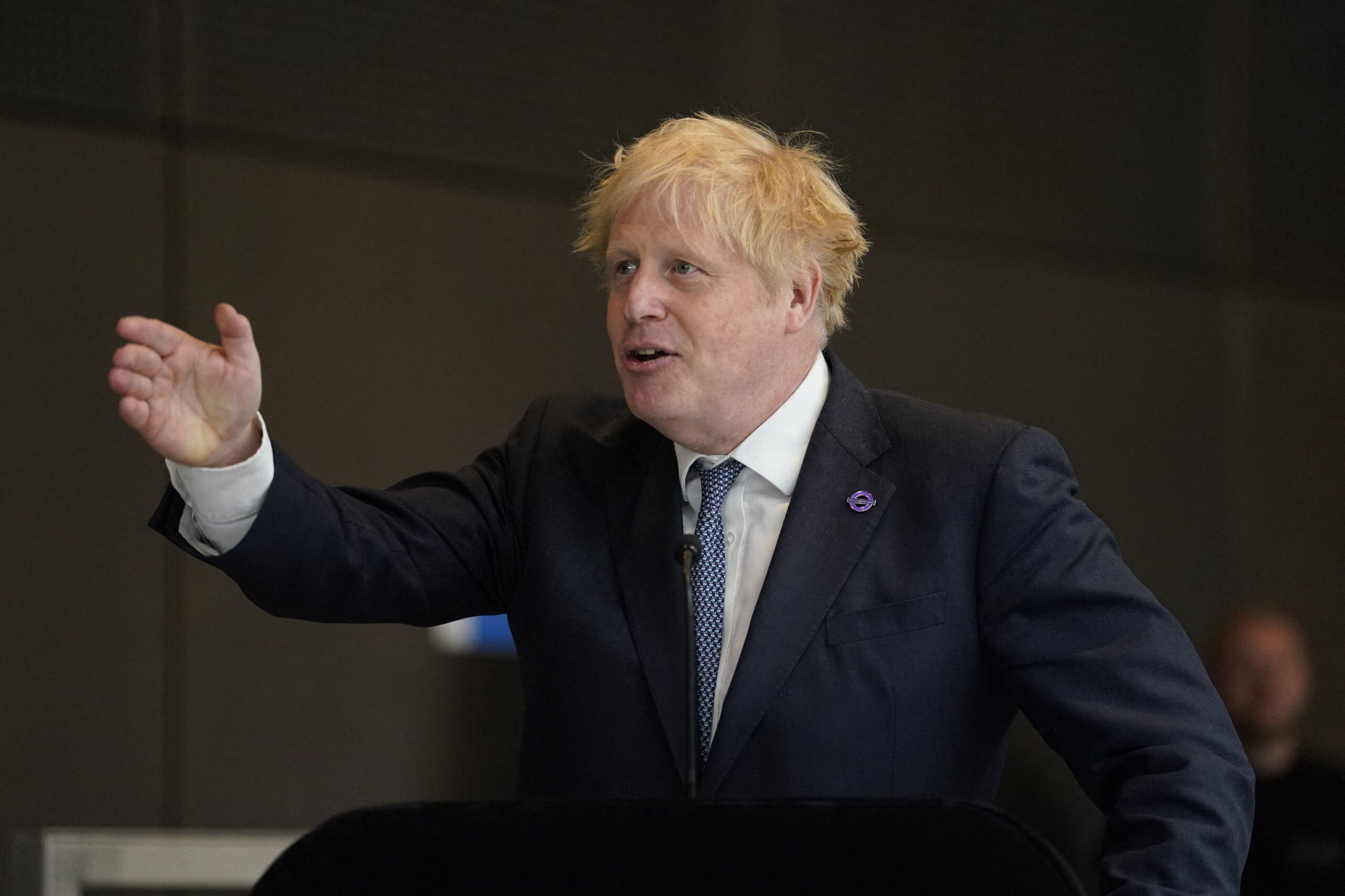The British Government has announced its plans to unilaterally “amend” the Ireland Protocol, the most controversial point of the Brexit agreement. Foreign Secretary Liz Truss appeared in Parliament on Tuesday to ensure that London’s decision does not imply “a violation of international law”, despite the warnings issued from Brussels and Dublin.
Mary Lou McDonald, president of Sinn Féin, the new majority party in Northern Ireland, directly accused the British government of “breaking international law”. Labor’s Hilary Benn said unilateral action would break EU confidence and possibly blow up the Brexit deal. Several deputies warned of the risk of a trade war with the EU, against the background of the war in Ukraine and the cost of living crisis.
Boris Johnson himself assured that the law that his government is preparing, and that will be presented in Westminster in the coming weeks, is actually “an insurance policy” in case the negotiations with the EU finally break down. Several Conservative MPs (including former Prime Minister Theresa May) have warned in advance that they could vote against the government for alleged violation of international law.
“The law will be consistent with our international obligations,” Truss stressed during his speech in Westminster. “The issue is not to throw the Protocol away, but to amend it so that it works. And the government’s preferred option is to reach an agreement with the EU.”
“What we have offered are reasonable solutions to the problems that the implementation of the Protocol is causing,” added the head of the Foreign Office. “Among them, a commercial guarantee system to give confidence to the EU that the products purchased by Northern Ireland do not end up entering the single market.”
“Relations between Great Britain and Northern Ireland have been undermined by the Protocol, which is not supported by any community in Northern Ireland,” Truss declared (in fact, and after the recent elections, the pro-Protocol parties win by 53 to 37 seats in the new Stormont Assembly).
Truss emphasized the practical problems arising from the creation of the closest thing to an internal customs office in the United Kingdom, precisely to avoid a return to the “hard” border between the two Irelands on land. The solution contained in the Brexit agreement has been dynamited from the beginning by the Democratic Unionist Party (DUP) for considering that Ulster has been “off the hook” from the rest of the country and that territorial integrity is in danger.
The DUP has been the dominant party in Northern Ireland for two decades but has been relegated to second place in recent local elections, overtaken for the first time by the nationalist party Sinn Féin. After their defeat at the polls, the unionists have refused to be part of a “shared power” government – as specified in the Good Friday Peace Agreement – as long as the Protocol remains in force.
In her speech at Westminster, Liz Truss argued precisely that the reform of the Protocol is necessary to be able to form a Government in Northern Ireland. “Our priority is to uphold the Good Friday Peace Agreement, which includes shared responsibility in the Stormont Government and cooperation and parity among all communities,” she declared.
Unionists were virtually alone in reacting positively to the announcement. “It’s a good start,” said DUP leader Jeffrey Donaldson. “But the matter has to be resolved in a matter of days. Words are not enough for us, we want to see action.”
Conforms to The Trust Project criteria
















